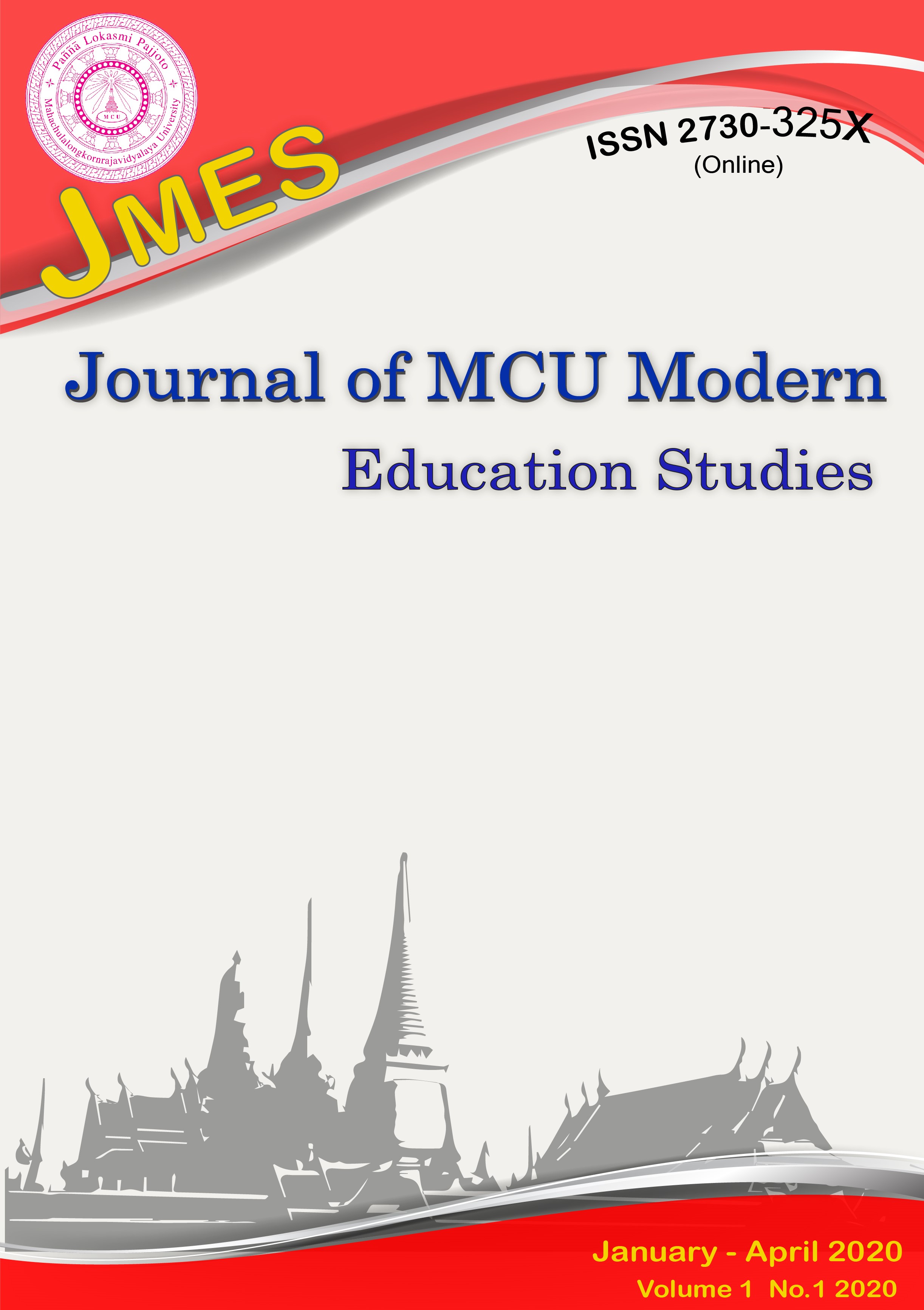The Helping Amelioration in Theravada Buddhist Philosophy
Main Article Content
Abstract
Consequently, helps in Buddhist philosophy is to develop through three development perspectives, i.e. 1) Saññā (perception)- it is possible to help under dogmas such as laws, disciplines, mores and common practices coded as the cornerstone one must not infringe without prior common agreement and consensus. 2) Viññāṇa (consciousness) - helps which is ministration emphasizing righteousness in accordance with Dhamma and not for oneself and anyone else. 3) Paññā (wisdom) - helps under prudence which are not just only supporting Dhamma or promoting righteousness but also enabling the persons under assistance to achieve self-development through self-reliance rather than leaving them forever awaiting helps from other people.
Article Details
ทัศนะและความคิดเห็นที่ปรากฏในบทความในวารสารฉบับนี้ถือเป็นความรับผิดชอบของผู้เขียนบทความนั้นเพียงผู้เดียว และไม่ถือเป็นทัศนะและความรับผิดชอบของกองบรรณาธิการ
กองบรรณาธิการขอสงวนสิทธิ์ในการคัดเลือกบทความลงตีพิมพ์และจะแจ้งให้เจ้าของบทความทราบหลังจากผู้ประเมินบทความตรวจอ่านบทความแล้ว
ต้นฉบับที่ได้รับการตีพิมพ์ในวารสาร Journal of MCU Modern Education Studies. ถือเป็นกรรมสิทธิ์ของคณะครุศาสตร์ มหาวิทยาลัยมหาจุฬาลงกรณราชวิทยาลัย ห้ามนำข้อความทั้งหมดหรือบางส่วนไปพิมพ์ซ้ำ เว้นเสียแต่ว่าจะได้รับอนุญาตจากมหาวิทยาลัยฯ เป็นลายลักษณ์อักษร

